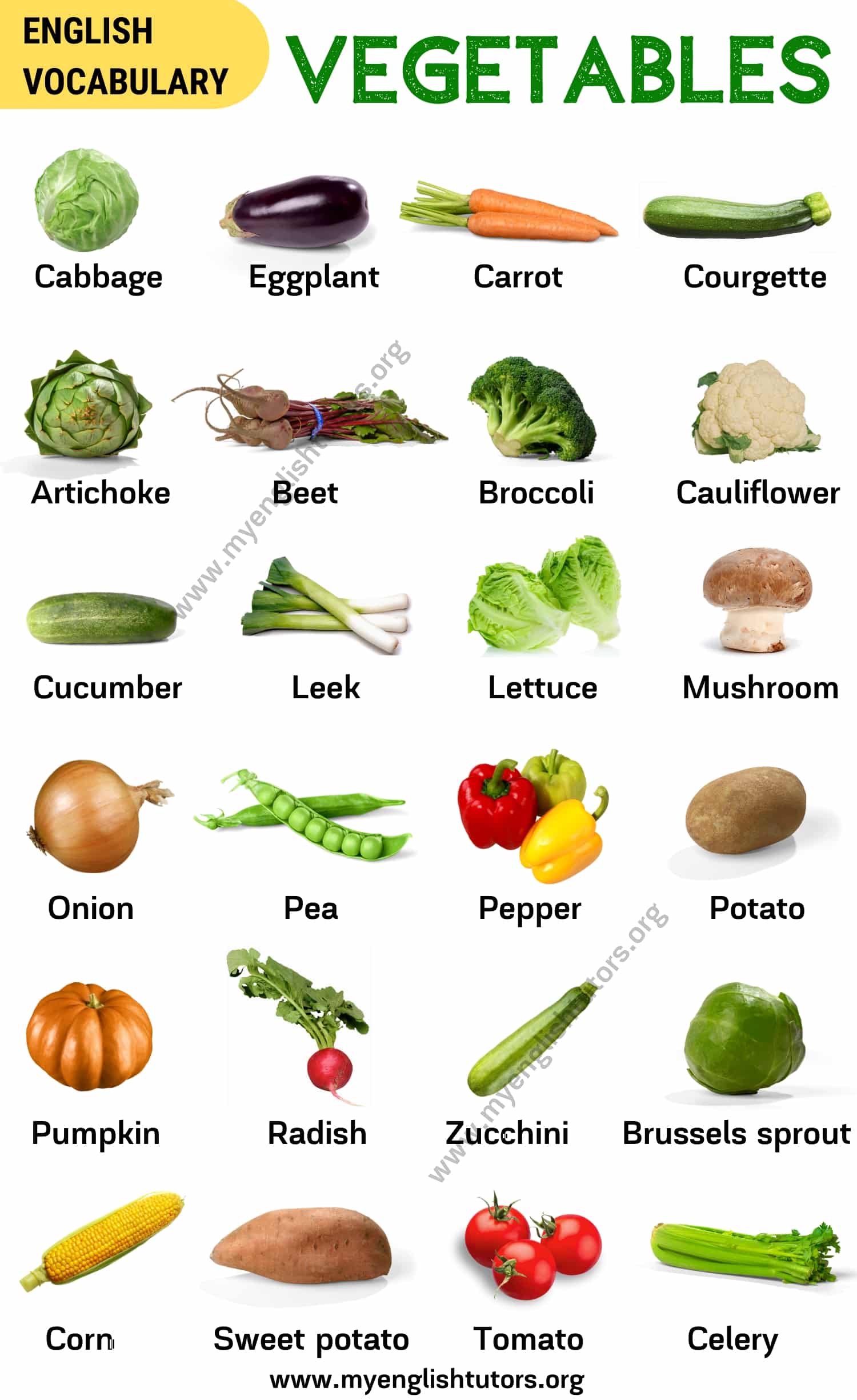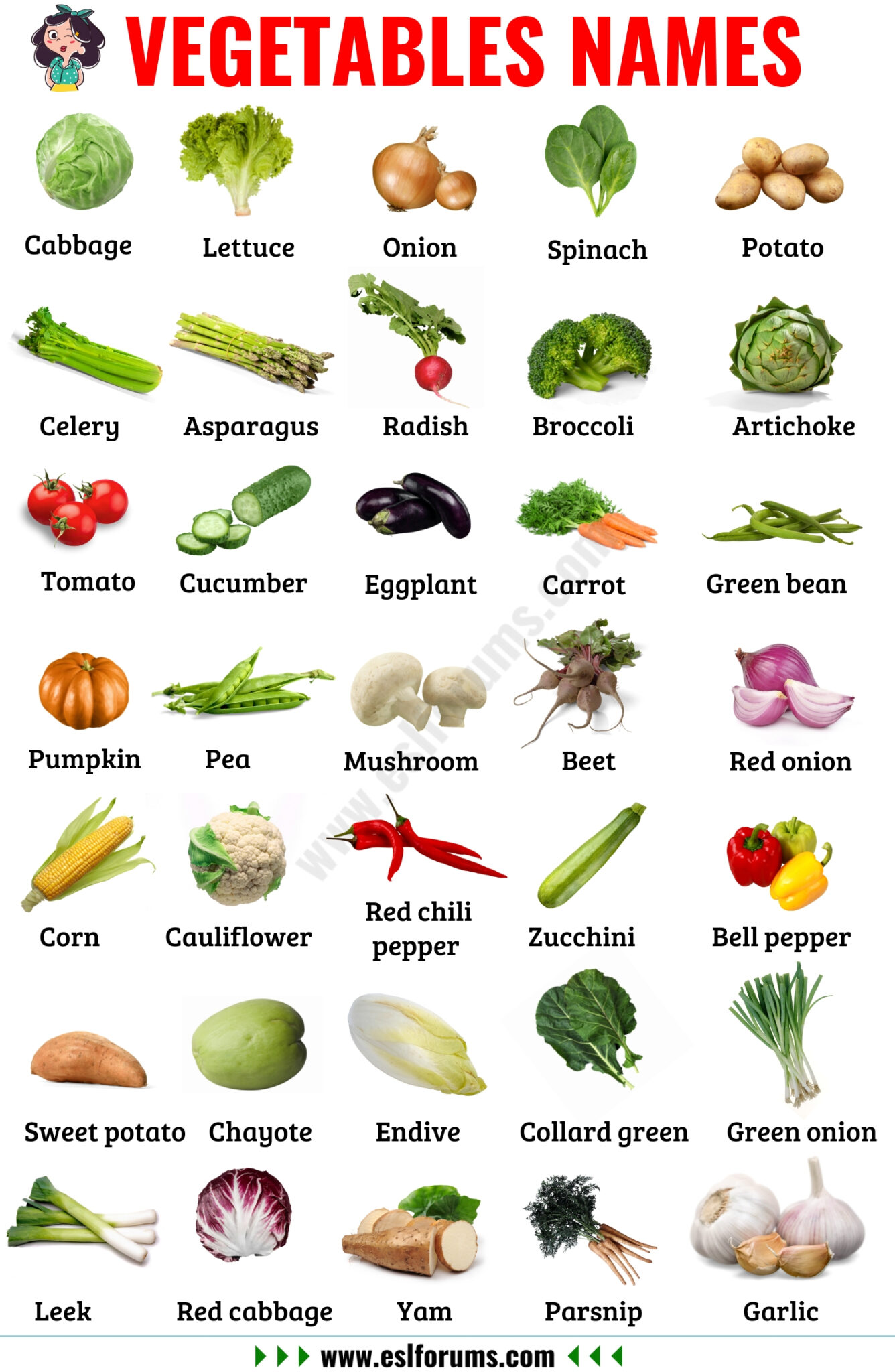List Of Most Healthy Vegetables

List of the Most Healthy Vegetables
What Makes a Vegetable Healthy?
Vegetables are an important part of a balanced diet. Not only do they provide a range of essential vitamins, minerals and other nutrients, but they’re also an excellent source of dietary fiber and antioxidants. Eating a variety of vegetables also helps to reduce the risk of many chronic diseases, such as heart disease, stroke and certain types of cancer. So, if you’re looking to include more healthy foods in your diet, then it’s a good idea to include plenty of vegetables. But which vegetables are the healthiest?
Dark Leafy Greens
Dark leafy greens, such as kale, spinach, collards and Swiss chard, are some of the most nutrient-dense foods available. These vegetables are loaded with vitamins, minerals and antioxidants, which make them a highly nutritious addition to any meal. Dark leafy greens are a good source of vitamin K, vitamin A, vitamin C and manganese, as well as fiber, calcium, iron and magnesium. Adding dark leafy greens to your diet may help to reduce the risk of heart disease, diabetes, cancer and other chronic diseases.
Cruciferous Vegetables
Cruciferous vegetables, such as broccoli, cauliflower, Brussels sprouts and cabbage, are a group of vegetables that are packed with nutrients. They’re high in fiber, vitamins and minerals, and contain compounds that may help to protect against certain types of cancer. Cruciferous vegetables are especially high in vitamin C, vitamin K and folate, as well as dietary fiber. Eating cruciferous vegetables has also been linked to a reduced risk of heart disease, diabetes and obesity.
Mushrooms
Mushrooms are often overlooked as a healthy vegetable, but they’re actually quite nutritious. They’re low in calories and fat, but high in fiber, B vitamins and certain minerals, such as selenium and potassium. They’re also a good source of antioxidants, which may help to protect against certain types of cancer. Eating mushrooms may also help to reduce cholesterol levels, improve immune function and reduce inflammation.
Bell Peppers
Bell peppers are one of the most popular vegetables, and they’re incredibly nutritious. They’re an excellent source of vitamin C and other antioxidants, which may help to protect against disease. Bell peppers are also a good source of dietary fiber, vitamin A, vitamin B6, folate and potassium. Eating bell peppers may help to reduce inflammation, improve digestion and boost the immune system.
Tomatoes
Tomatoes are a versatile vegetable that can be used in a variety of dishes. They’re a rich source of lycopene, an antioxidant that may help to protect against certain types of cancer. Tomatoes are also a good source of vitamin C, vitamin K, potassium and dietary fiber. Eating tomatoes has been linked to a reduced risk of heart disease and stroke, as well as improved eye health.
List of vegetables and their health benefits | Healthy recipes, Healthy

List of Vegetables: Popular Vegetables Names with the Picture! - My

A Great Fruits and Vegetables List - Vege Island
The Most Nutritious Fruits And Vegetables | Fruit and vegetable diet

List Of Common Vegetables | The Garden
The 7 LEAST Healthy Vegetables You Can Plant (No. 6 Is Found In Lots Of

The Five Basic Food Groups That Make You Healthy
🔥11 MOST NUTRIENT DENSE FOODS🔥 By @evolvetrainingsystem . I realized I

List of Vegetables: Useful Names of Vegetables with the Picture! - ESL

Vegetable List And Benefits - health benefits
